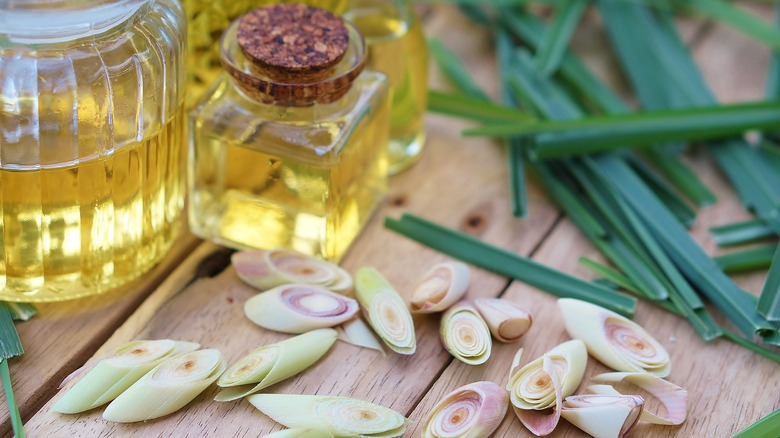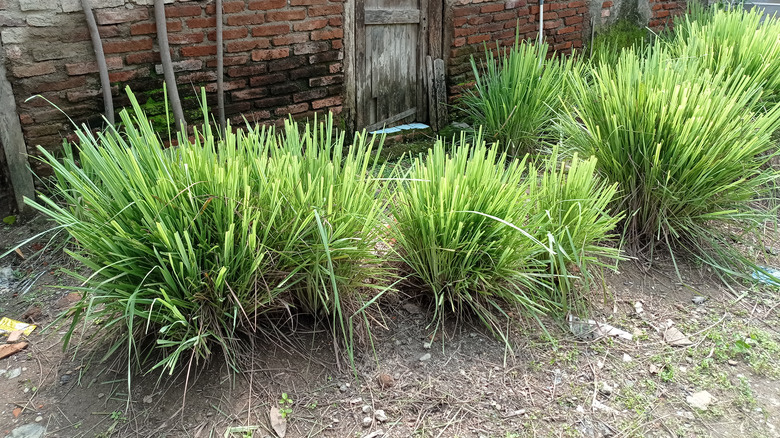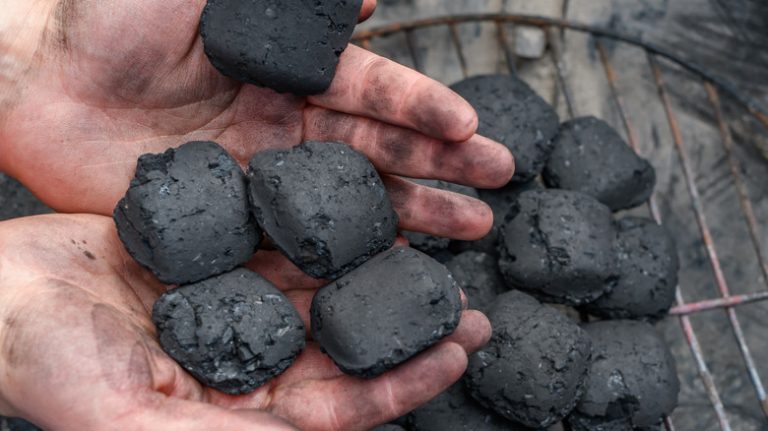Like other wasps, yellowjackets aren’t insects that most people like seeing around their homes. Yellowjackets can sting you pretty intensely and are aggressive, so you’ll want to take steps to protect yourself from them. Although a few ingredients you already own can help deter yellowjackets, adding a certain fragrant plant to the yard could also potentially assist in keeping many types of insects away. That plant? Lemongrass.
Lemongrass is a common plant with a potent and pleasant smell. While many people love the scent of lemongrass, insects of various types don’t seem to care for it. Lemongrass tends to repel a variety of pests, including mosquitos, house flies, and other irritating flying insects. While we couldn’t find any scientific confirmation that lemongrass plants can specifically keep yellowjackets away from your home and yard, strategically using lemongrass could help deter them the way that it does for other insects due to its strong citrusy fragrance.
How to use lemongrass to potentially repel yellowjackets and other pests

The easiest line of defense for using lemongrass to detract pests from your yard is to simply plant some lemongrass wherever you want to deter them. Grow these plants in your patio area, your yard, or your driveway, and then take care of them. But you can also try to repel yellowjackets without growing a full lemongrass plant. One effective way to use lemongrass is to take the dried leaves from any lemongrass plant and use them to create sachets. Then, place the sachets in places where unwanted insects frequent.
Another option is to add a few drops of lemongrass essential oil and a small amount of dish soap to a spray bottle filled with water. Then, spray the mixture around areas you want pests to avoid. Good places to target include areas where yellowjackets may build nests, such as a porch, ledges, and crevices around the home. This works well as a temporary repellent while you’re spending time outside, but you’ll need to spray the mixture regularly to see any possible results. Similarly, try candles or incense with a lemongrass scent for short-lived relief from pests, which might include keeping yellowjackets at bay.
Getting the most out of lemongrass

While many pests despise the smell of lemongrass, most people enjoy its invigorating, fresh, citrusy scent. Regardless of its repellent properties, the fragrance can be soothing to have around the yard. Many people also use it as a houseplant. It’s also common to see hygiene products such as soap and body lotions and other products such as candles have a lemongrass scent. Lemongrass has valuable benefits and is used for culinary and medicinal purposes. When grown in the yard, lemongrass helps with soil improvement and erosion control.
Learning how to care for a lemongrass plant is fairly straightforward. However, it needs a lot of sun and water to grow its best. Lemongrass may die if temperatures dip too low. It does best in warmer climates. It can live between 50 and 91.4 degrees Fahrenheit but prefers it when temperatures are between 77 and 86 degrees Fahrenheit. Also, be sure that the lemongrass drains adequately to prevent issues like root rot and fungal disease.



